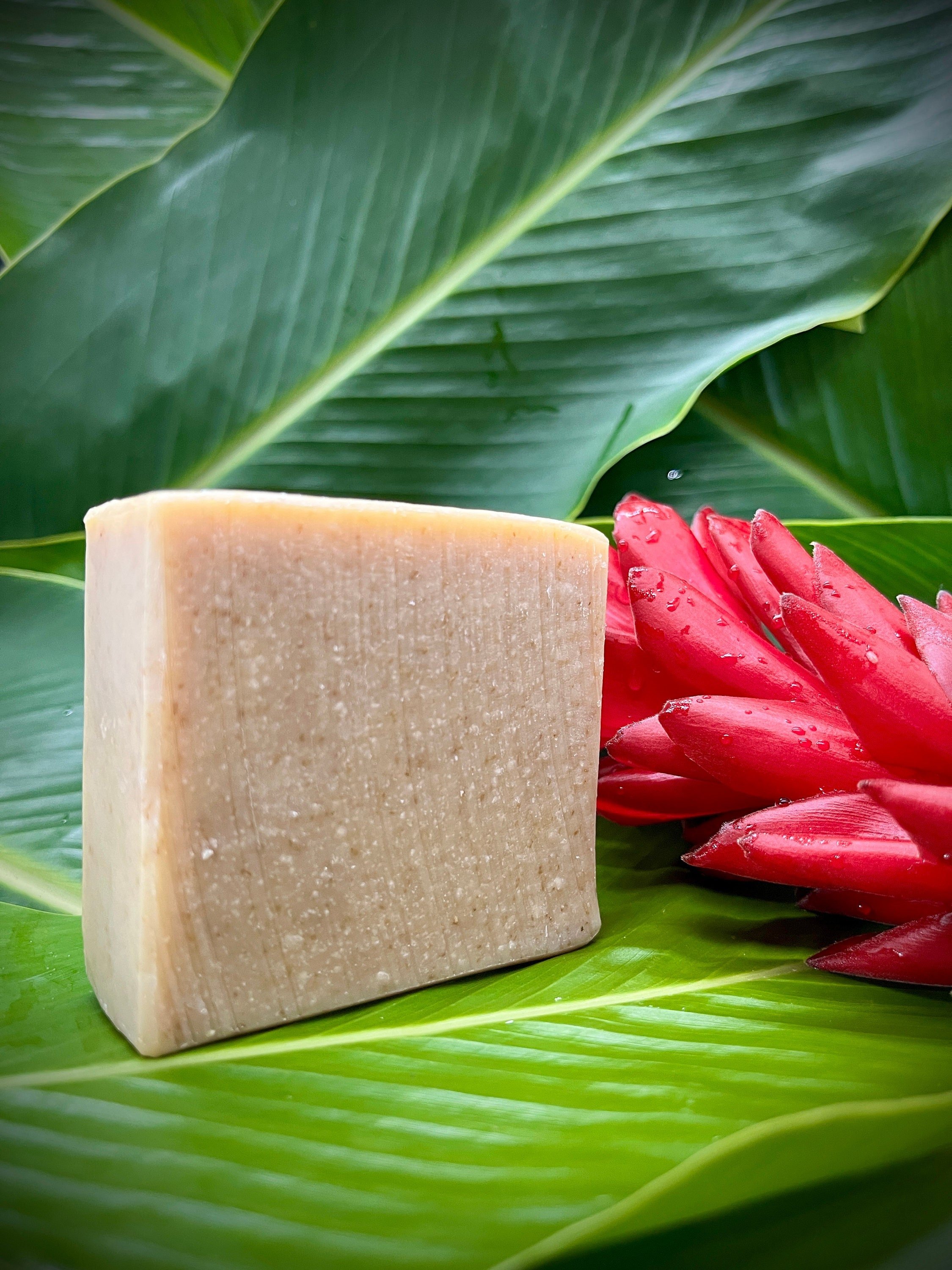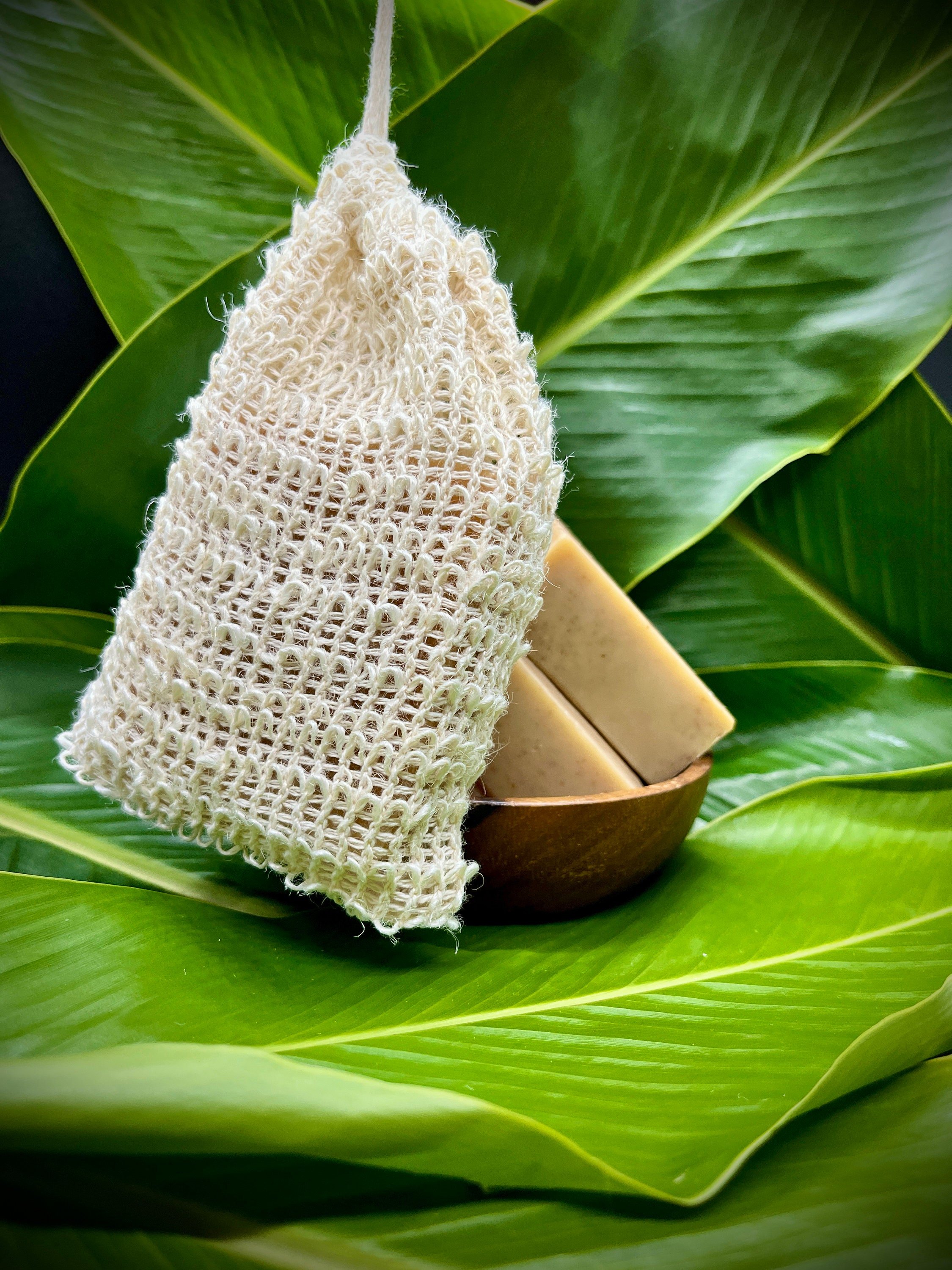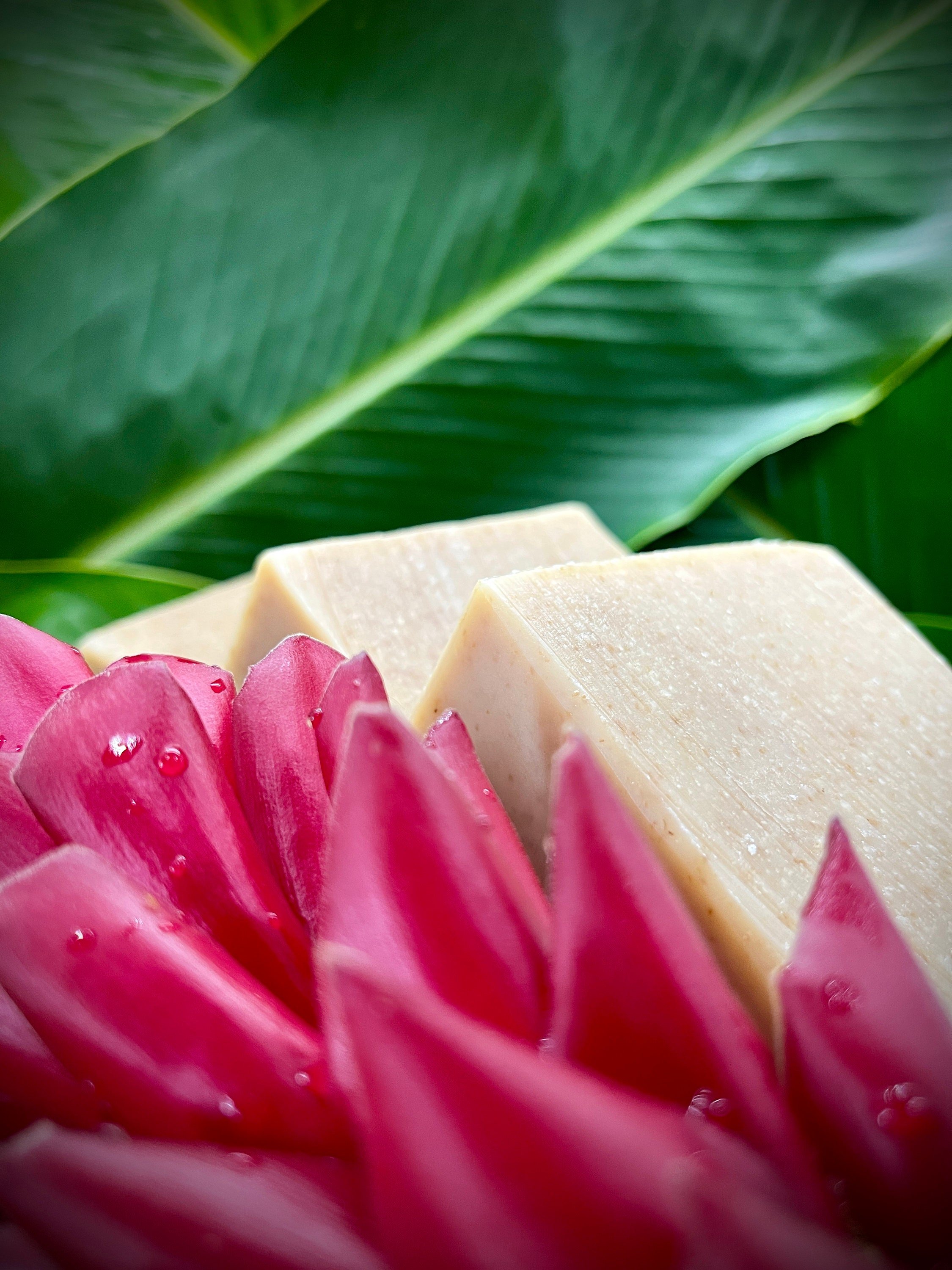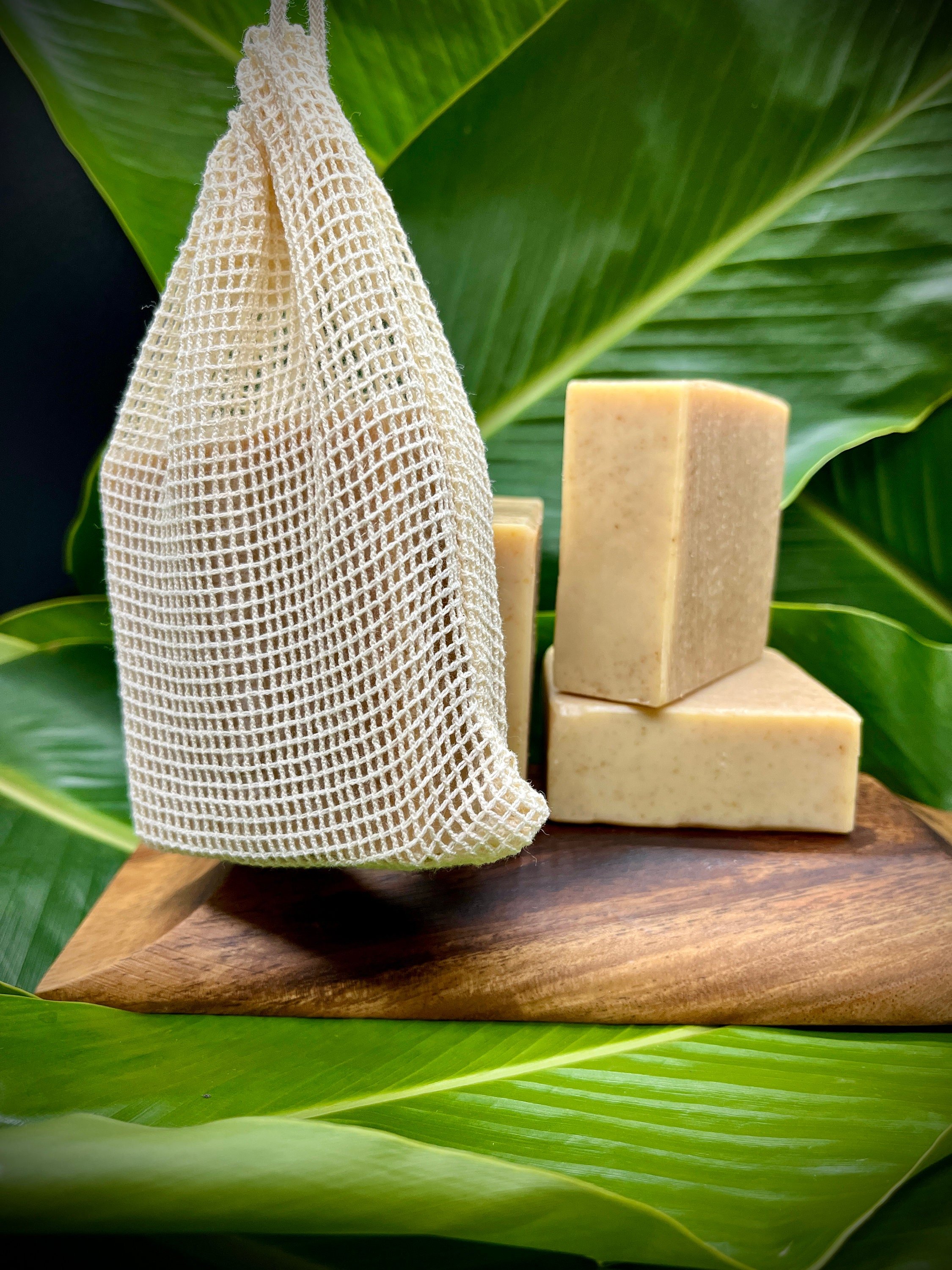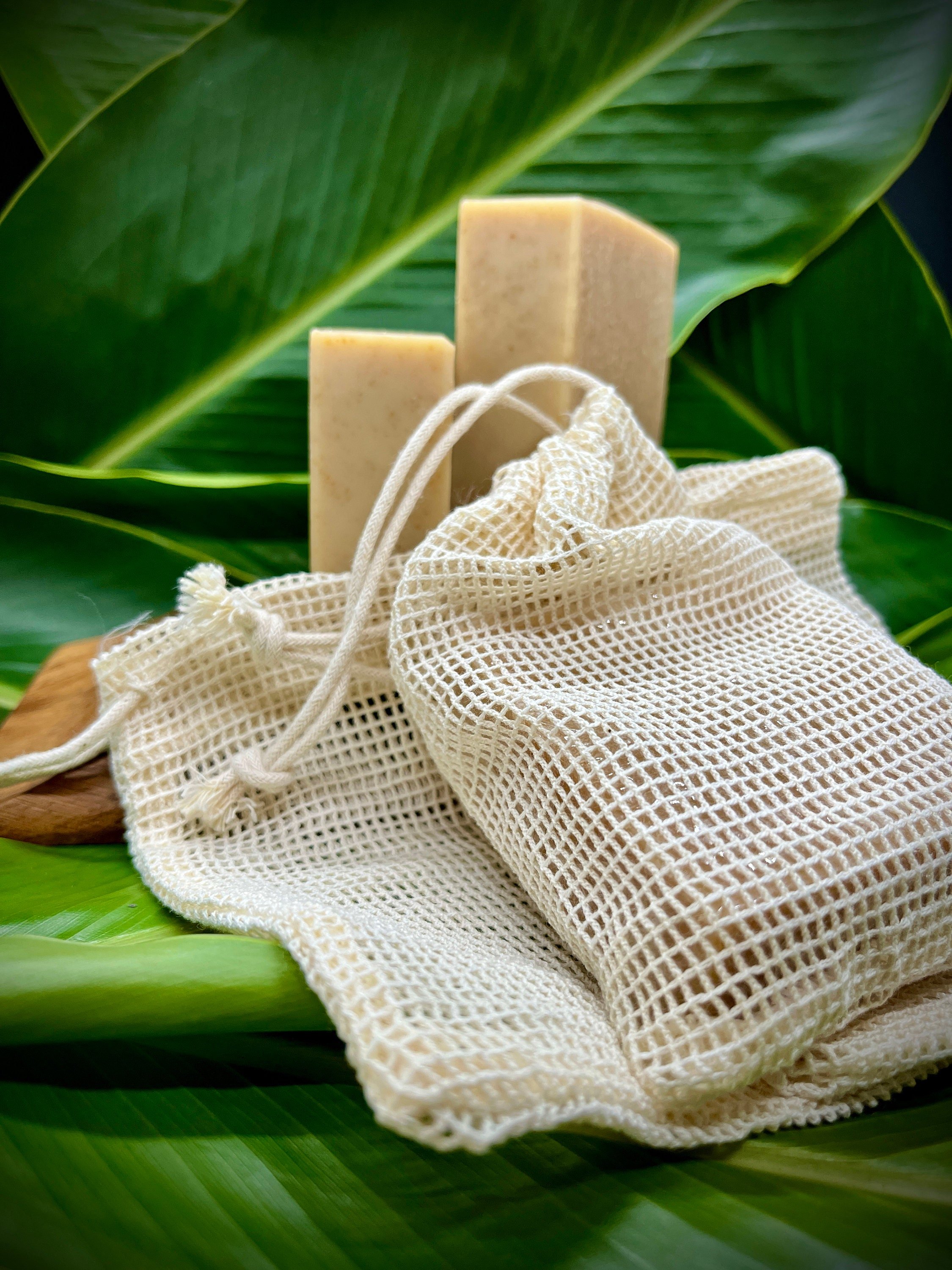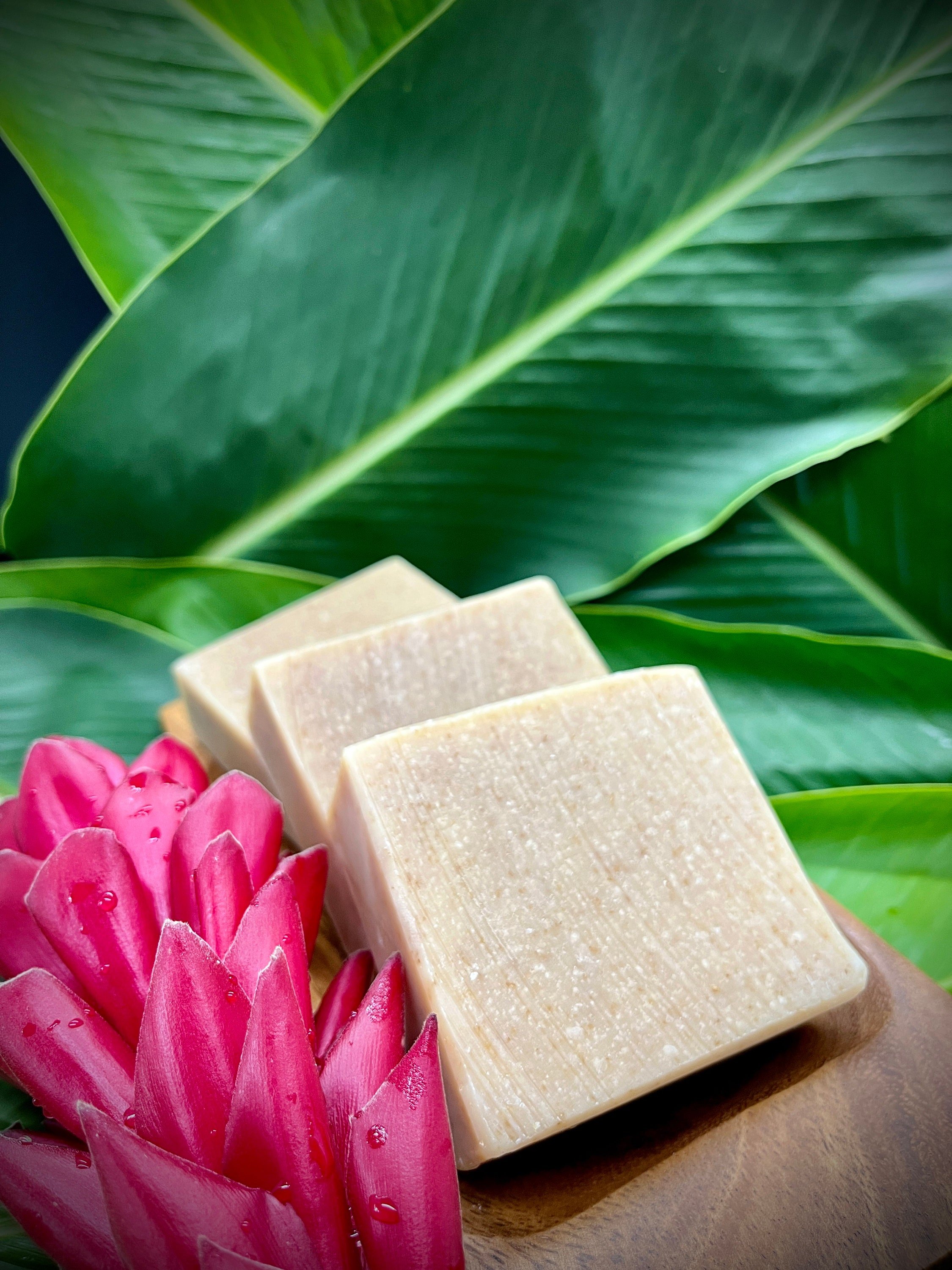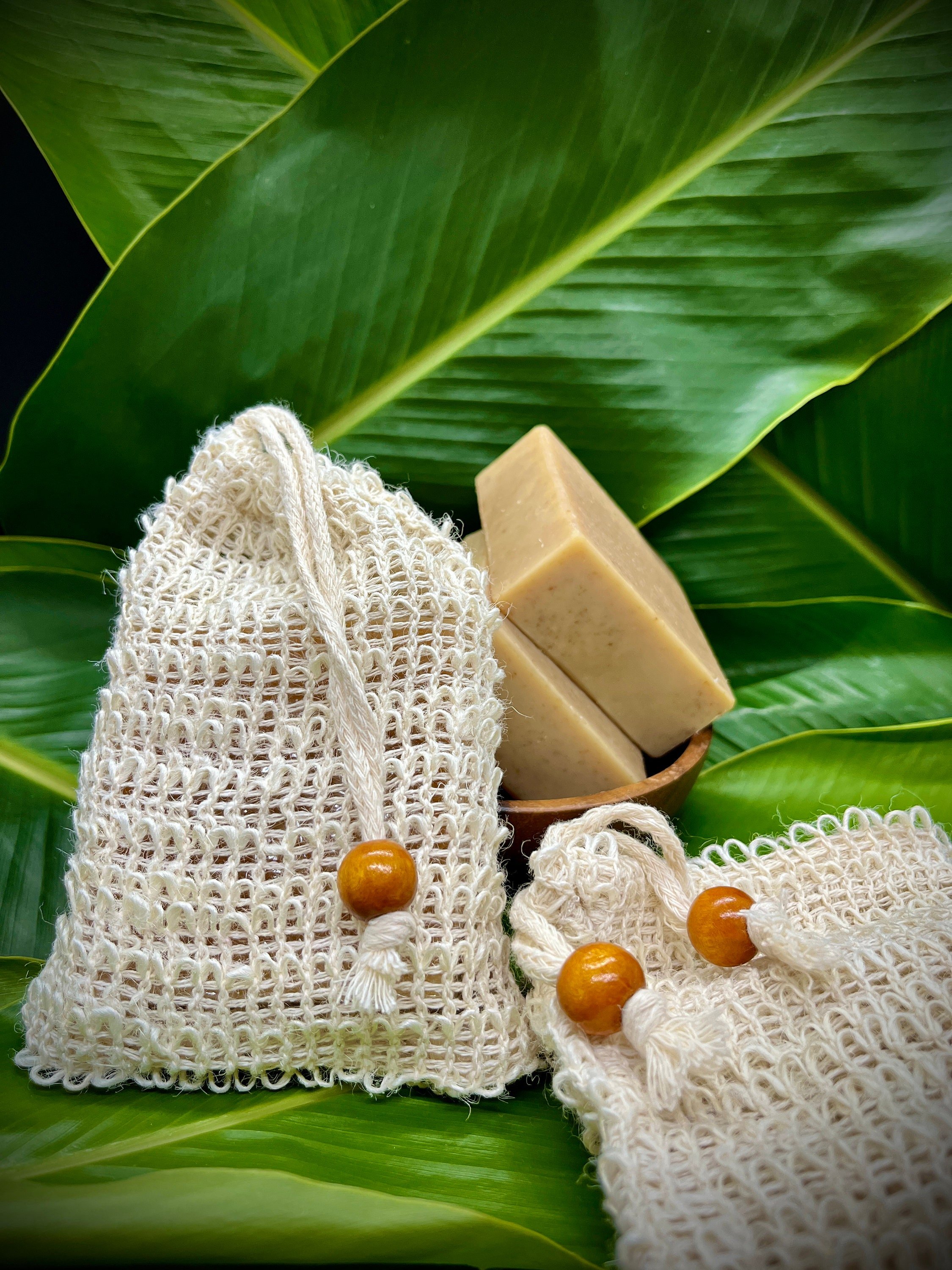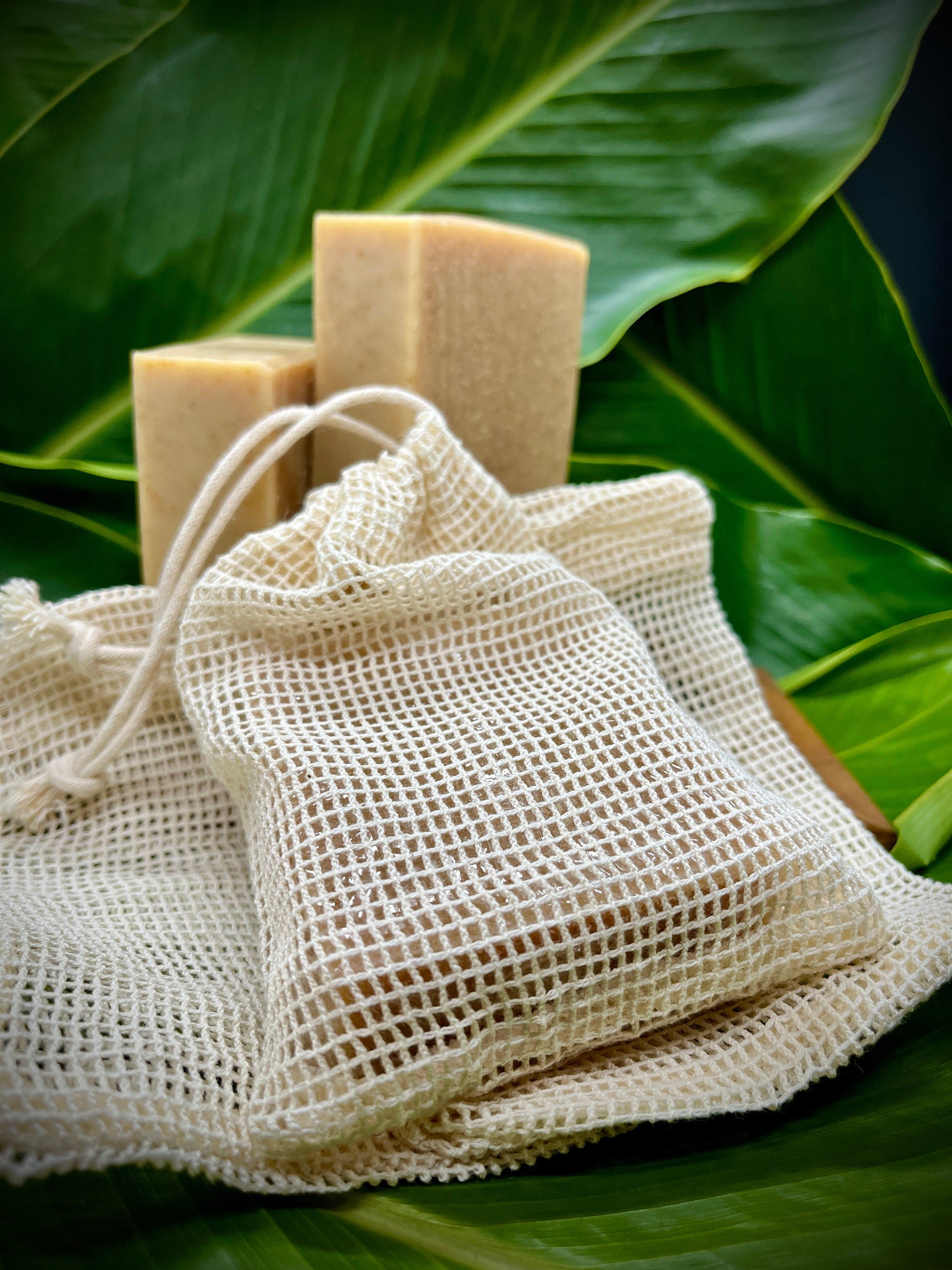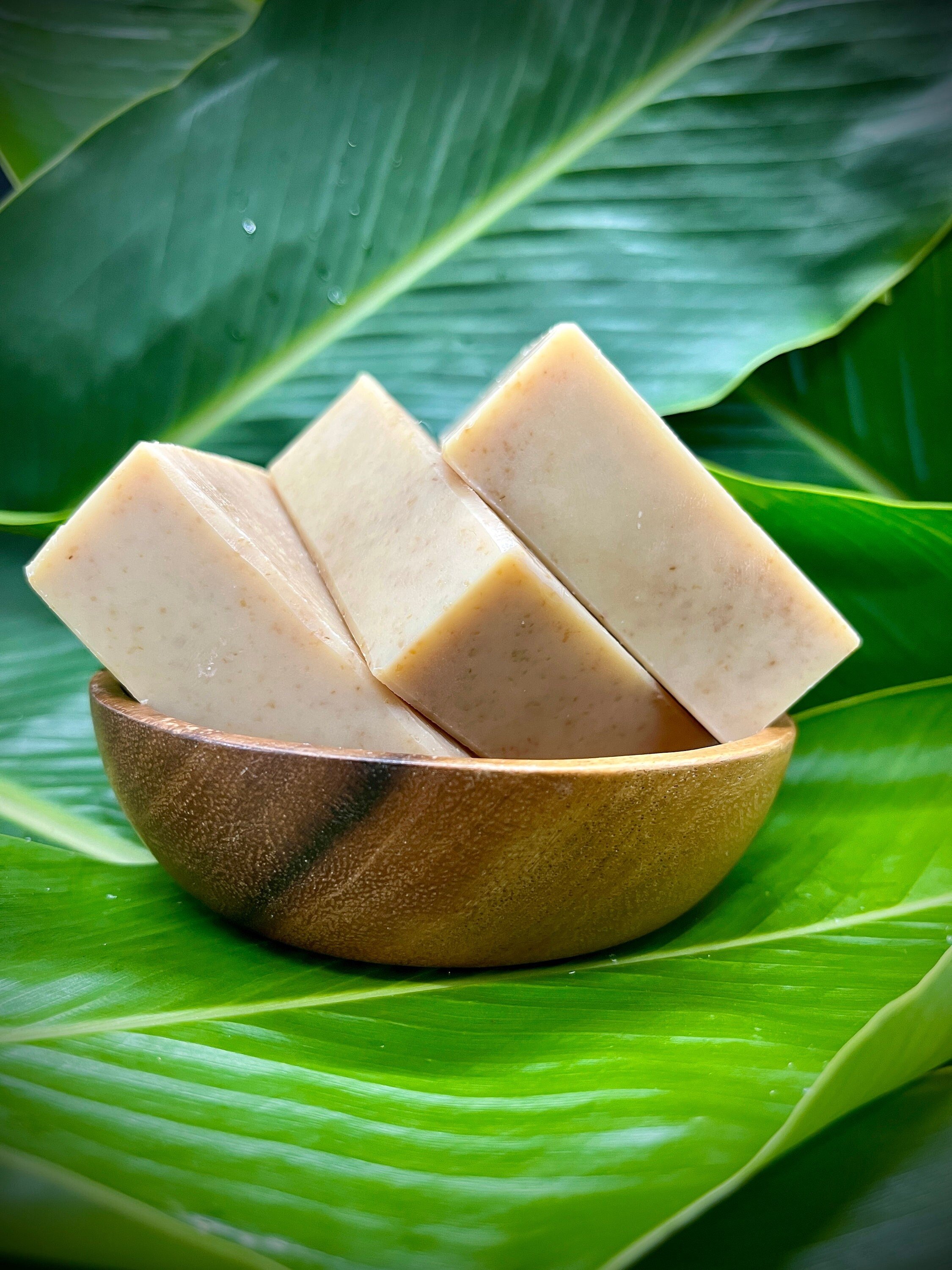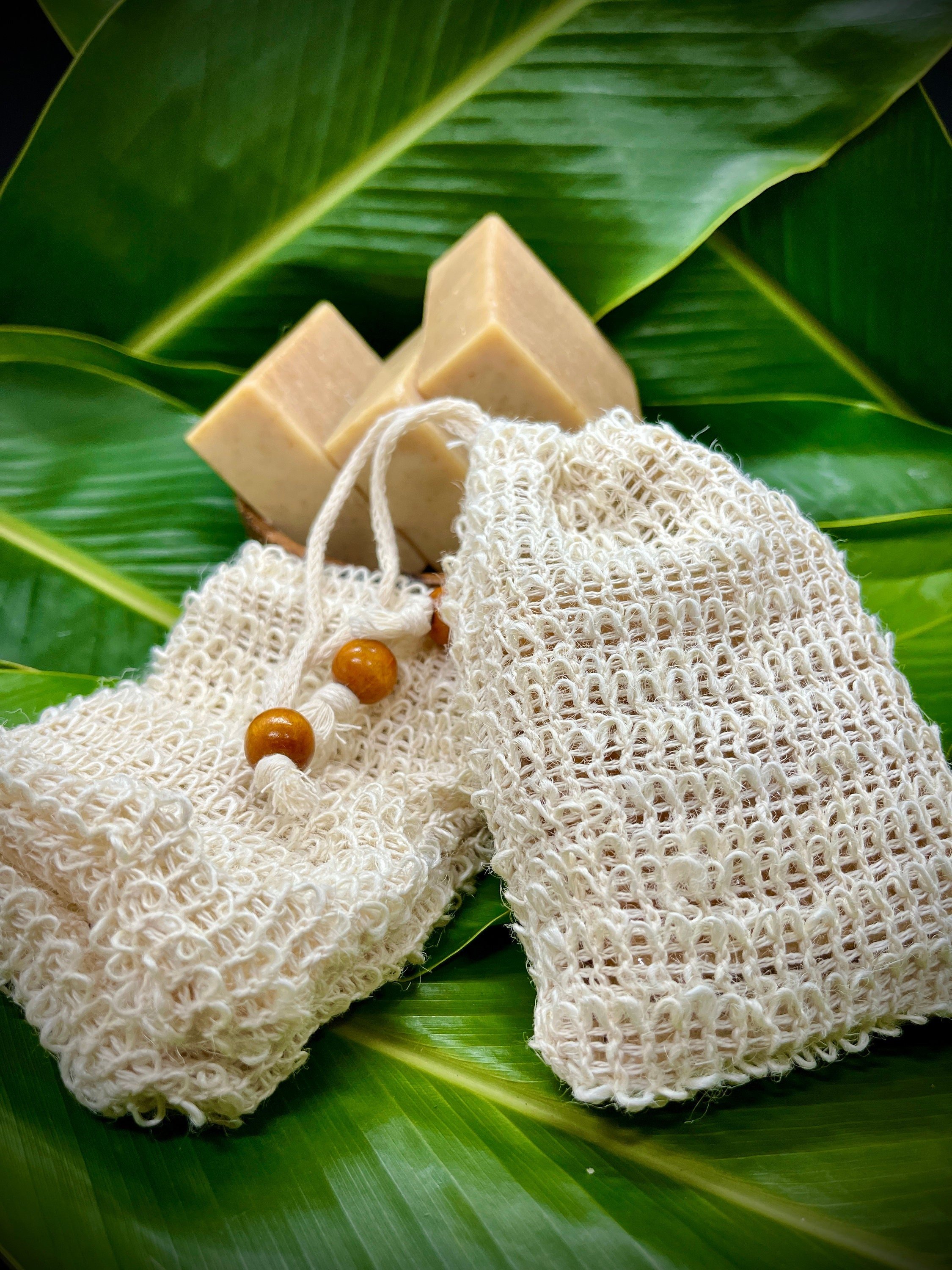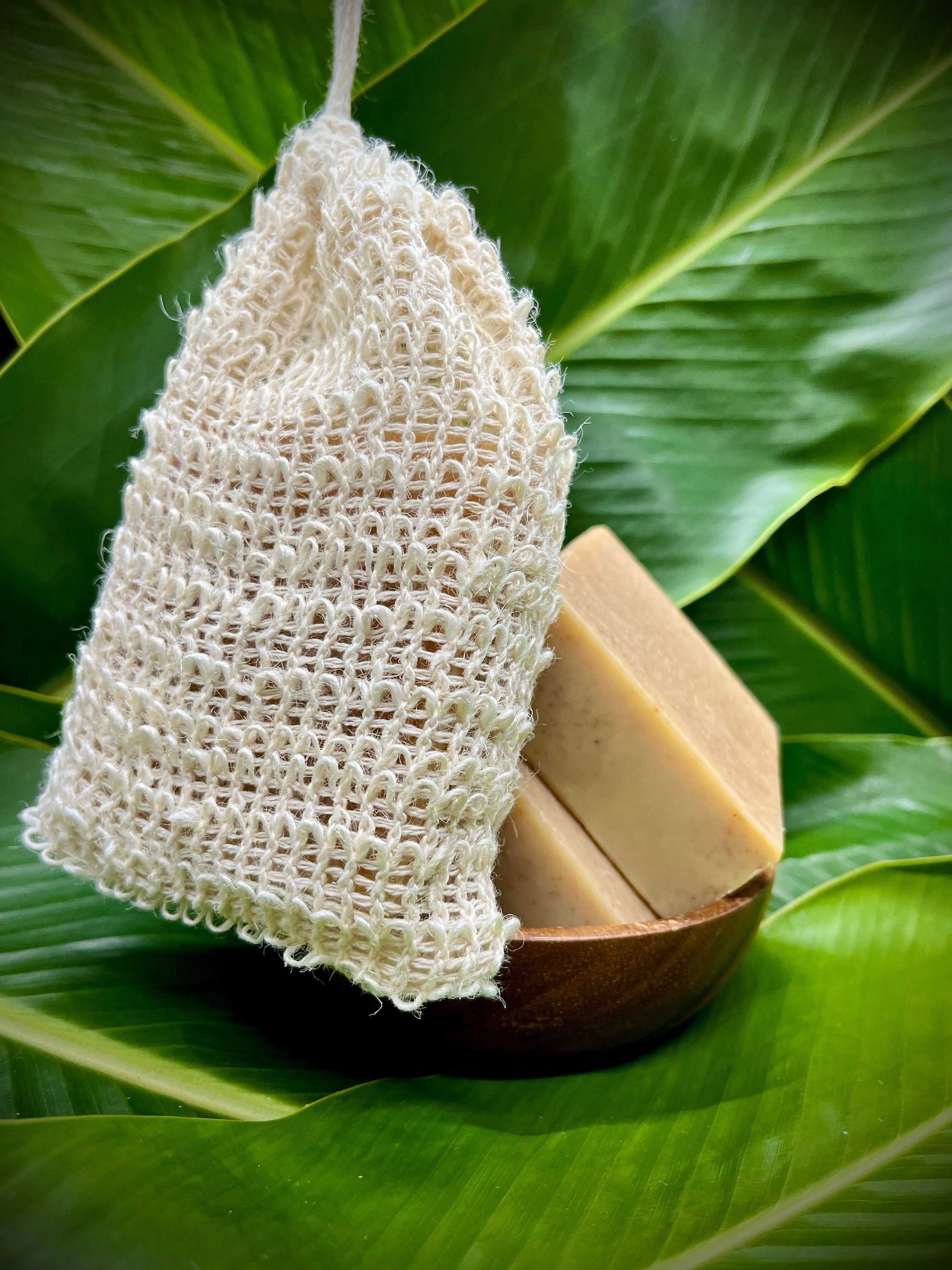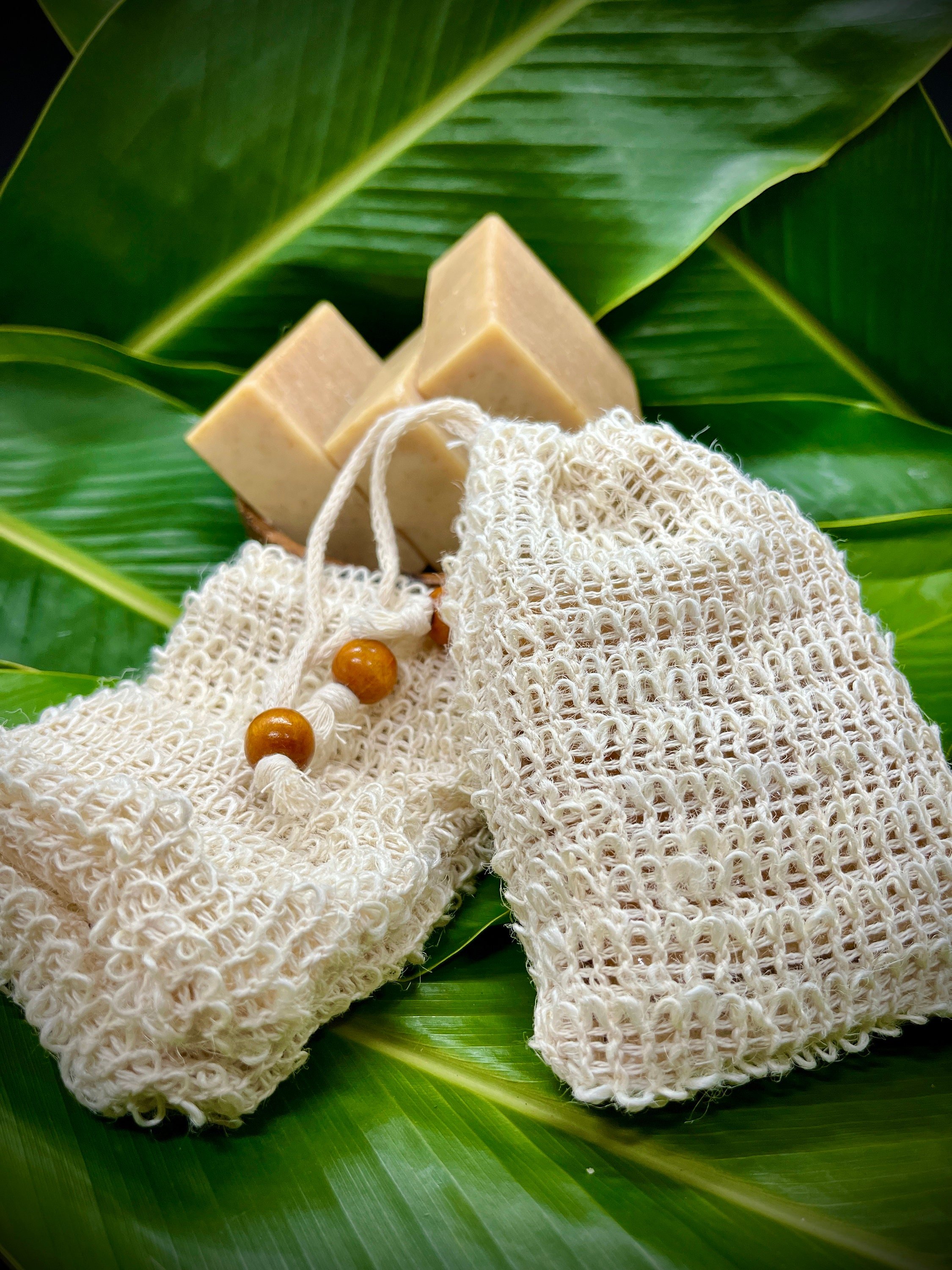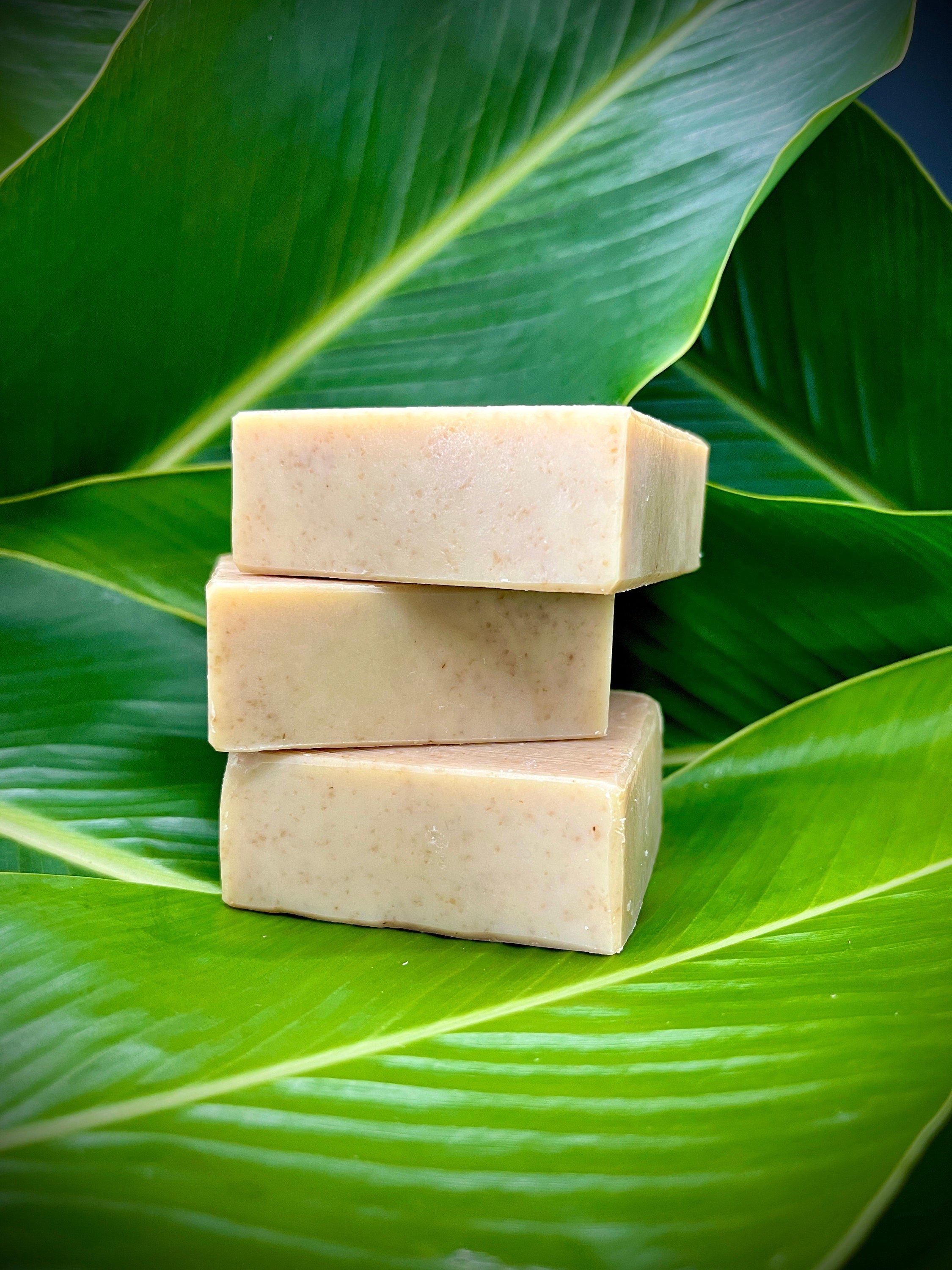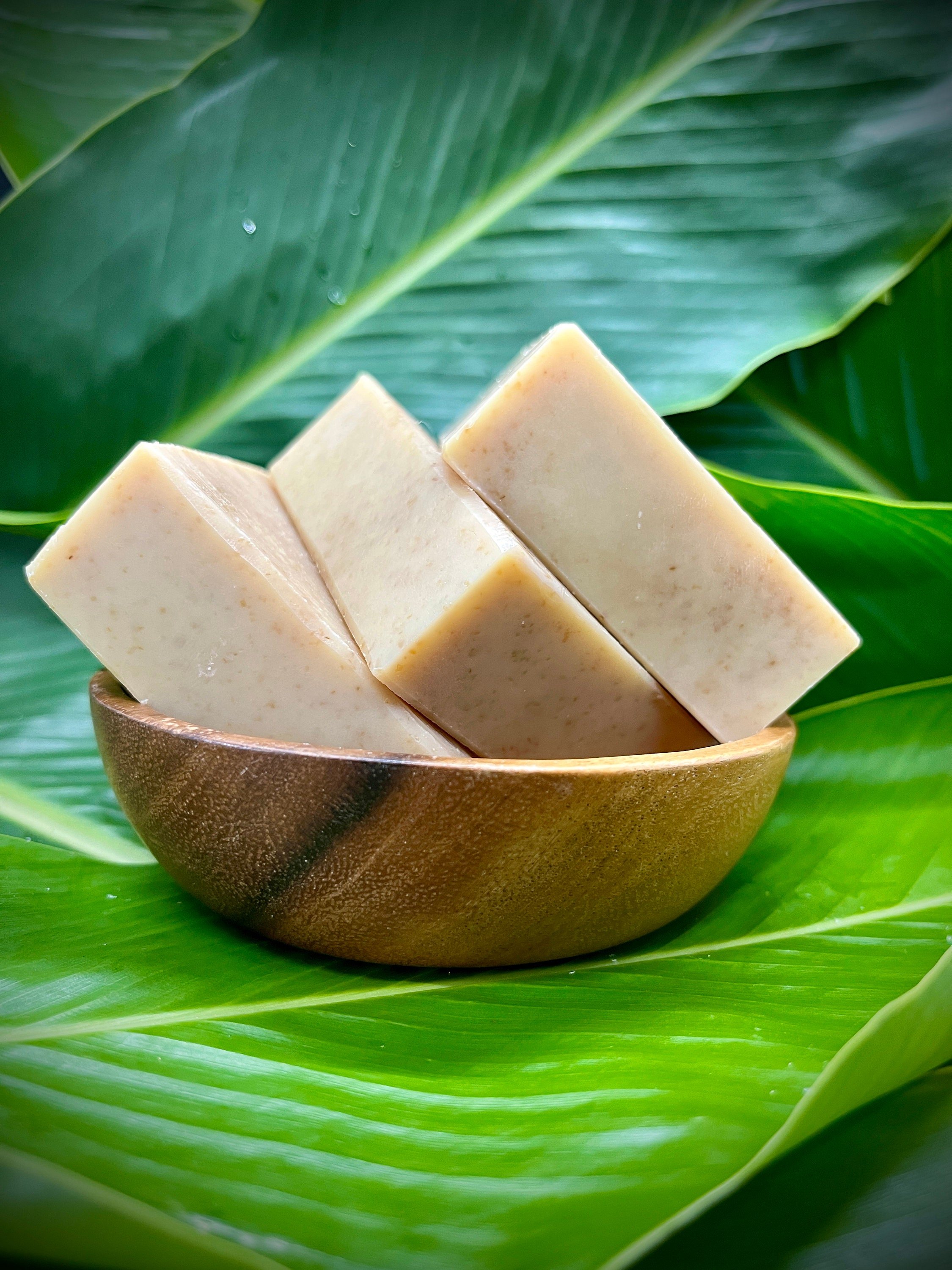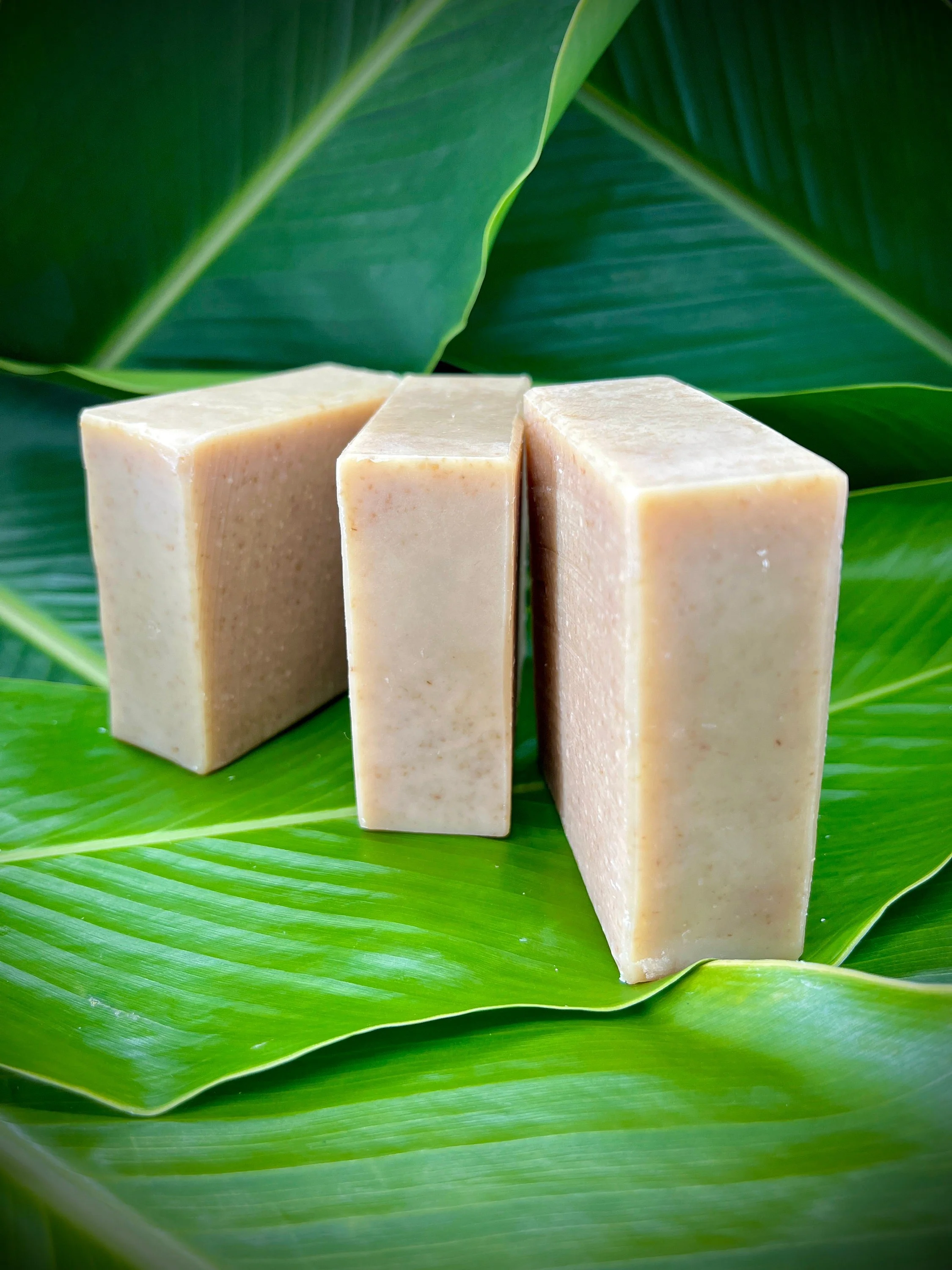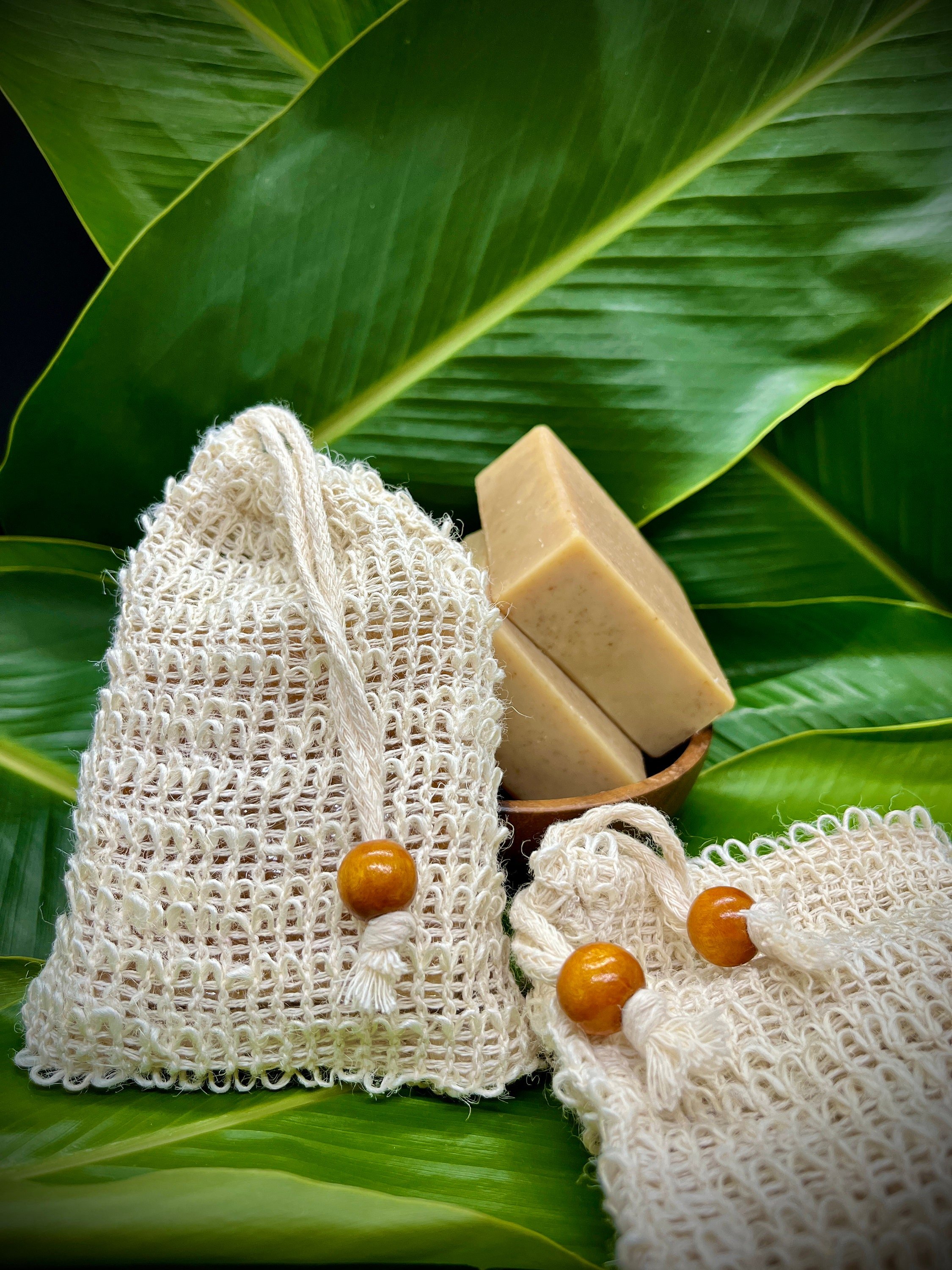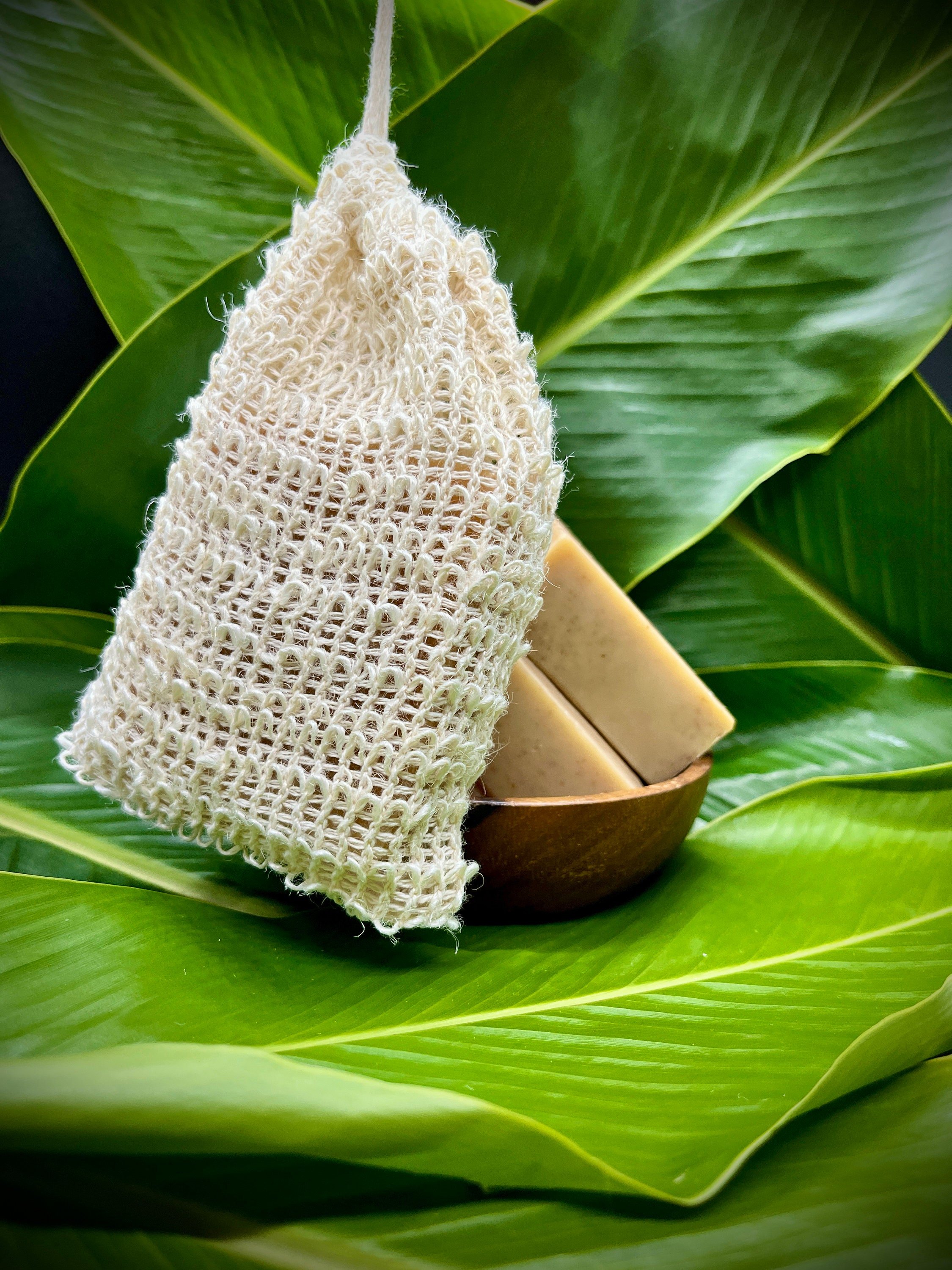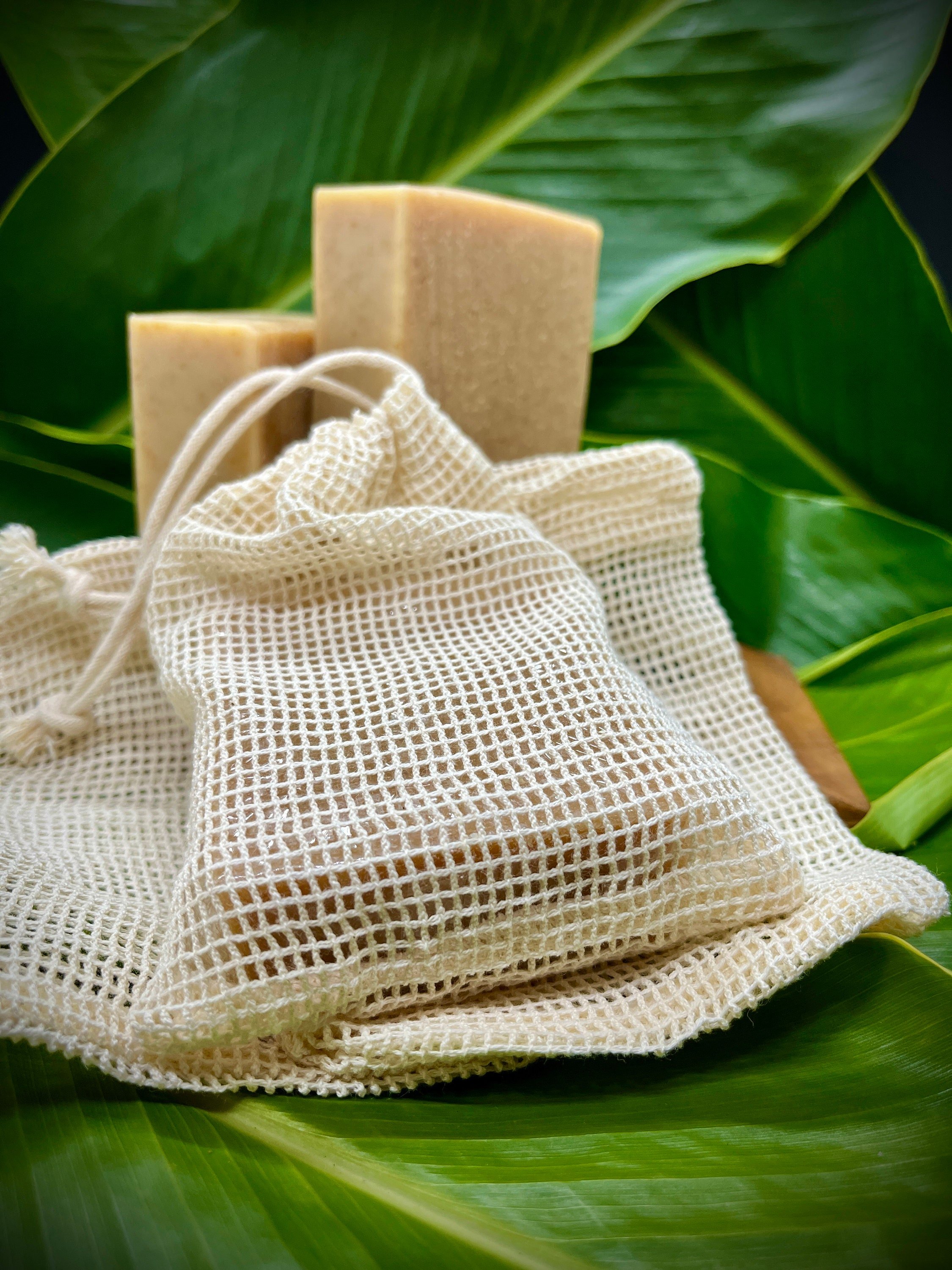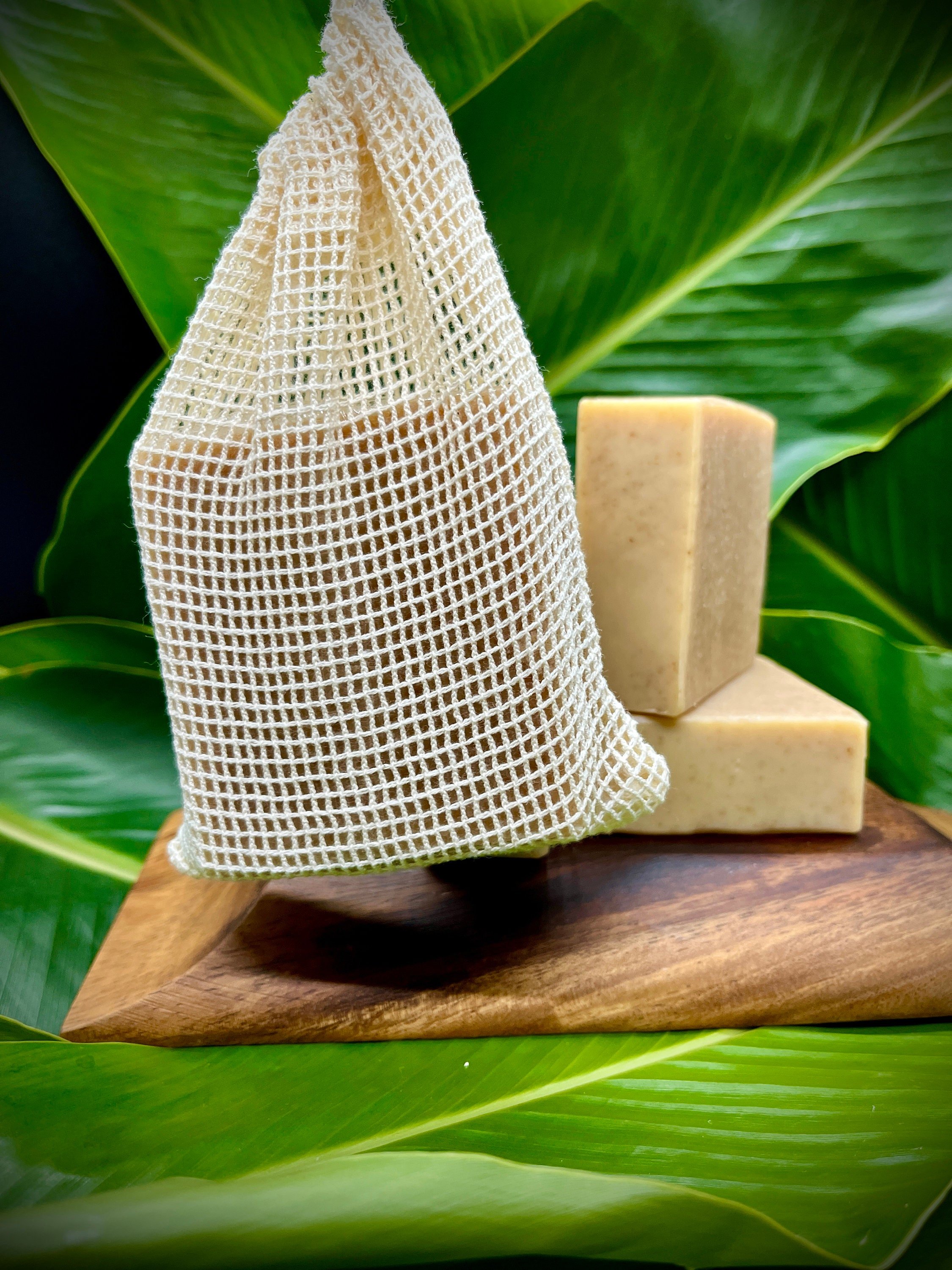 Image 1 of 2
Image 1 of 2

 Image 2 of 2
Image 2 of 2



TEA TREE ESSENTIAL OIL
Melaleuca alternifolia, commonly known as tea tree, is a popular essential oil with a wide range of benefits and uses in aromatherapy. Here are some of its key benefits and aromatherapy applications:
Antimicrobial Properties: Tea tree essential oil is known for its strong antimicrobial properties. It can help combat bacteria, viruses, and fungi, making it useful for treating various skin conditions like acne, athlete's foot, and nail infections. When diffused, tea tree oil can also help purify the air by killing airborne pathogens.
Skin Care: Tea tree oil has been used for centuries in traditional medicine for its skin-healing properties. It can help soothe and reduce inflammation, redness, and itching associated with skin conditions such as eczema, psoriasis, and dermatitis. When diluted properly, it can be applied topically to cleanse and promote the healing of minor cuts, scrapes, and insect bites.
Respiratory Support: Inhalation of tea tree oil vapors can provide relief from respiratory congestion and help alleviate symptoms of common colds, coughs, and sinusitis. Its expectorant properties can help loosen mucus and phlegm, making it easier to clear the airways.
Immune System Support: Tea tree oil has immune-boosting properties that can help strengthen the body's natural defense mechanisms. Its antiviral and antibacterial actions can assist in preventing and combating infections.
Aromatherapy: Tea tree oil has a fresh, medicinal scent that is often used in aromatherapy to promote a sense of clarity, focus, and alertness. It can help uplift the mood, relieve mental fatigue, and reduce stress and anxiety.
A few ways to use tea tree essential oil in aromatherapy include:
Diffusion: Add a few drops of tea tree oil to a diffuser or humidifier to purify the air and create a fresh, invigorating ambiance in your living space.
Inhalation: Add a few drops of tea tree oil to a bowl of steaming hot water, cover your head with a towel, and inhale the vapors for respiratory support.
Topical Application: Dilute tea tree oil with a carrier oil, such as coconut oil or almond oil, and apply it to the skin to address specific skin concerns or soothe minor irritations.
Note: Tea tree oil should always be used with caution and in proper dilution. It is recommended to perform a patch test before using it topically and to consult a healthcare professional or a qualified aromatherapist for personalized advice, especially if you have any pre-existing medical conditions or sensitivities.
Melaleuca alternifolia, commonly known as tea tree, is a popular essential oil with a wide range of benefits and uses in aromatherapy. Here are some of its key benefits and aromatherapy applications:
Antimicrobial Properties: Tea tree essential oil is known for its strong antimicrobial properties. It can help combat bacteria, viruses, and fungi, making it useful for treating various skin conditions like acne, athlete's foot, and nail infections. When diffused, tea tree oil can also help purify the air by killing airborne pathogens.
Skin Care: Tea tree oil has been used for centuries in traditional medicine for its skin-healing properties. It can help soothe and reduce inflammation, redness, and itching associated with skin conditions such as eczema, psoriasis, and dermatitis. When diluted properly, it can be applied topically to cleanse and promote the healing of minor cuts, scrapes, and insect bites.
Respiratory Support: Inhalation of tea tree oil vapors can provide relief from respiratory congestion and help alleviate symptoms of common colds, coughs, and sinusitis. Its expectorant properties can help loosen mucus and phlegm, making it easier to clear the airways.
Immune System Support: Tea tree oil has immune-boosting properties that can help strengthen the body's natural defense mechanisms. Its antiviral and antibacterial actions can assist in preventing and combating infections.
Aromatherapy: Tea tree oil has a fresh, medicinal scent that is often used in aromatherapy to promote a sense of clarity, focus, and alertness. It can help uplift the mood, relieve mental fatigue, and reduce stress and anxiety.
A few ways to use tea tree essential oil in aromatherapy include:
Diffusion: Add a few drops of tea tree oil to a diffuser or humidifier to purify the air and create a fresh, invigorating ambiance in your living space.
Inhalation: Add a few drops of tea tree oil to a bowl of steaming hot water, cover your head with a towel, and inhale the vapors for respiratory support.
Topical Application: Dilute tea tree oil with a carrier oil, such as coconut oil or almond oil, and apply it to the skin to address specific skin concerns or soothe minor irritations.
Note: Tea tree oil should always be used with caution and in proper dilution. It is recommended to perform a patch test before using it topically and to consult a healthcare professional or a qualified aromatherapist for personalized advice, especially if you have any pre-existing medical conditions or sensitivities.
-
INCI NAME: Melaleuca Alternifolia (Tea Tree) Leaf Oil.
ORIGIN: Australia. Bottled in Hawai’i.
PART USED: Leaves.
EXTRACTION METHOD: Steam Distilled Essential Oil.
NOTE CLASSIFICATION: Top Note.
-
Tea tree essential oil blends well with several other essential oils. Here are some popular combinations:
Lavender: The floral and calming scent of lavender complements the medicinal aroma of tea tree oil. This blend is often used in skincare products and diffusers to promote relaxation and soothe skin irritations.
Eucalyptus: Both tea tree and eucalyptus oils have strong respiratory benefits. Blending them together creates a powerful combination for respiratory support and clearing congestion.
Lemon: The fresh and uplifting scent of lemon oil pairs well with the herbal notes of tea tree oil. This blend is commonly used to freshen the air, boost energy, and create a clean and invigorating environment.
Peppermint: Peppermint oil has a cooling and refreshing effect, which complements the antibacterial and antifungal properties of tea tree oil. This blend is often used for relieving headaches, improving focus, and easing muscle tension.
Rosemary: Combining the stimulating properties of rosemary with the antimicrobial effects of tea tree oil creates a stimulating blend. It can enhance mental clarity, improve memory, and provide an energizing aroma.
Geranium: Geranium oil has a balancing and uplifting aroma that blends well with the medicinal scent of tea tree oil. This combination is often used for promoting emotional well-being and creating a harmonizing atmosphere.
Remember to use proper dilution ratios when blending essential oils and perform a patch test to ensure you are not sensitive to the blend. Each person may have different preferences and sensitivities, so it's important to experiment and find the combinations that work best for you.
-
They can be inhaled directly from the bottle, diffuser, or humidifier.
They should be diluted with a carrier oil when applied to your skin. We suggest a 4% dilution rate.
You can also add them to your favorite skincare products.
Essential oils are not safe for consumption unless you are under a health practitioner's guidance.
-
100% Pure Essential Oil.
Unrefined, Undiluted, No Fillers, No Synthetics, Organic, and Sustainably sourced.
-
0.33 oz / 10 ml
Amber glass bottle with euro dropper.
-
Keep out of reach of children. The bottles are a choking hazard. Avoid contact with eyes, inner ears, mucous membranes, and sensitive areas. If you are pregnant, nursing, taking medication, or have a medical condition, consult a health professional prior to use.
Animals are more sensitive to certain scents; consider your pets while choosing essential oils.
While not all essential oils have the same effect on everyone, the key is finding which ones work best for you. You are the individual and know what is best for you. So experiment and find your path.
The products described on this website are not intended to diagnose, treat or prevent any disease or to affect any structure or function of the skin or body. The information on this website is not medical advice and is not a substitute for consulting with a healthcare provider.

